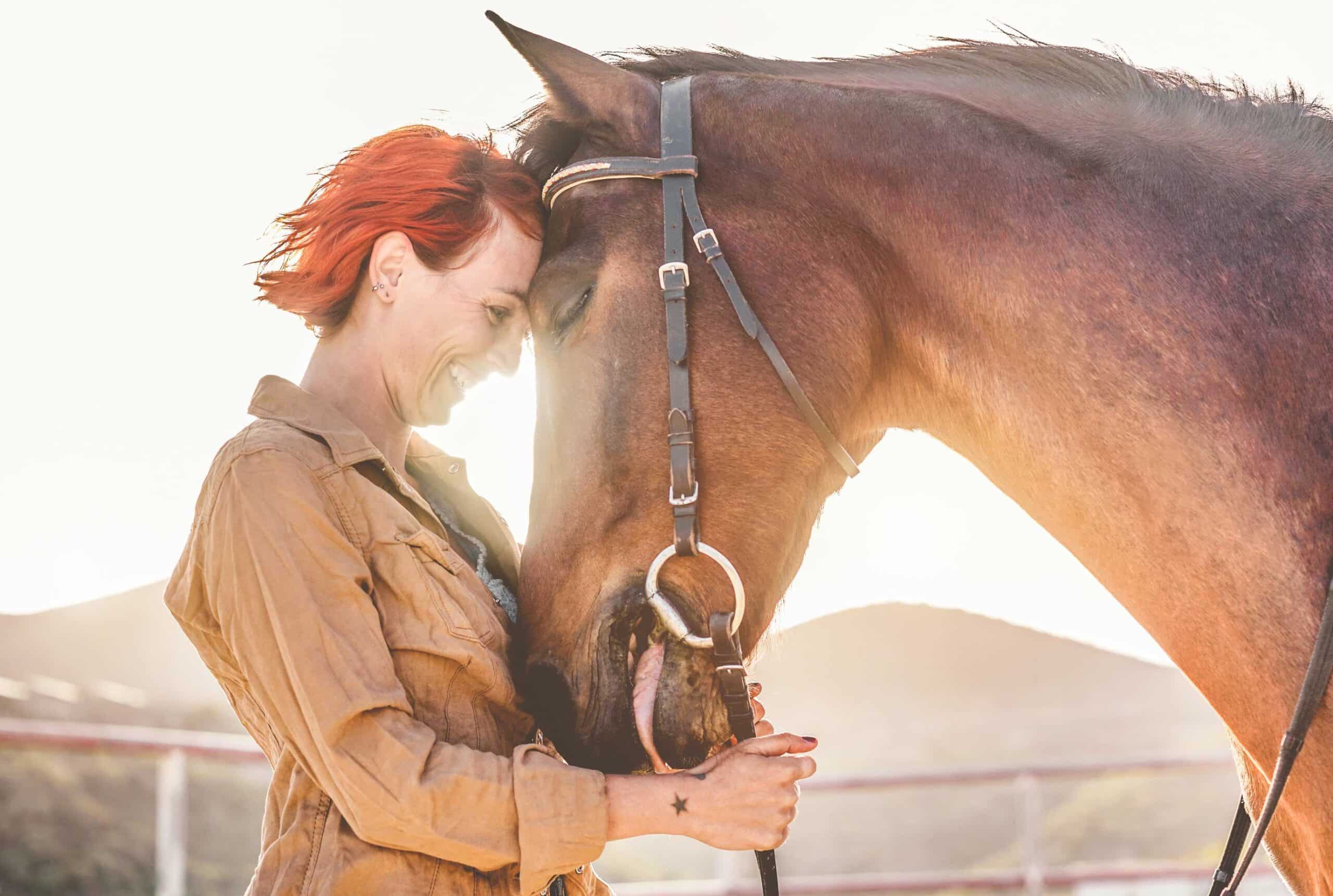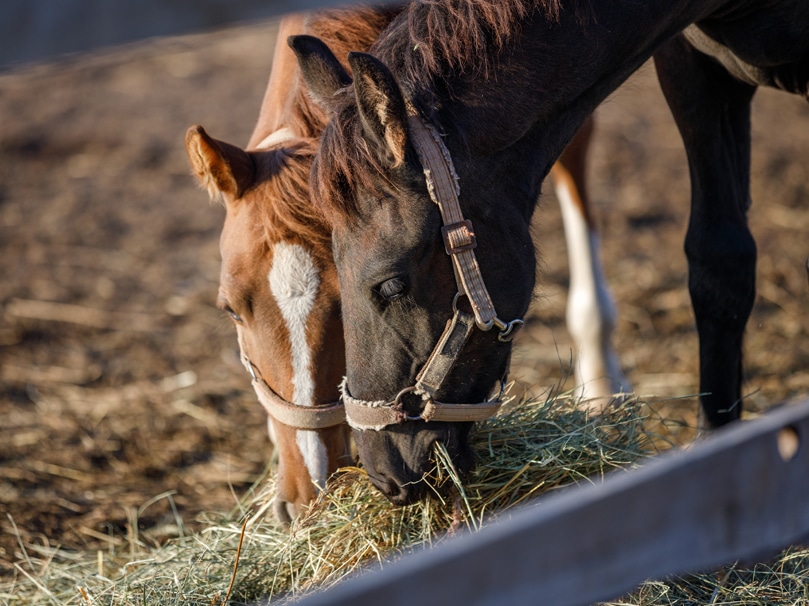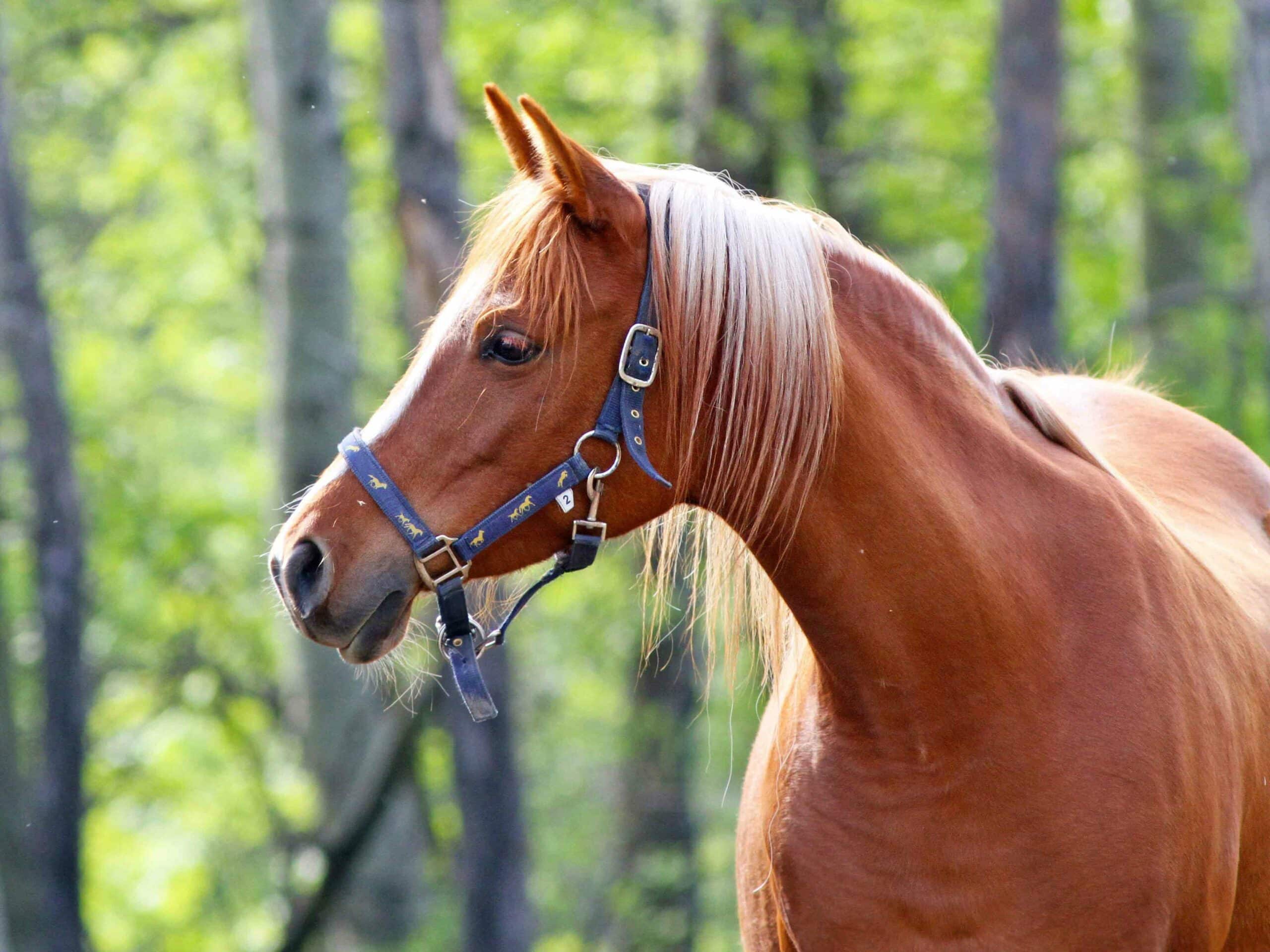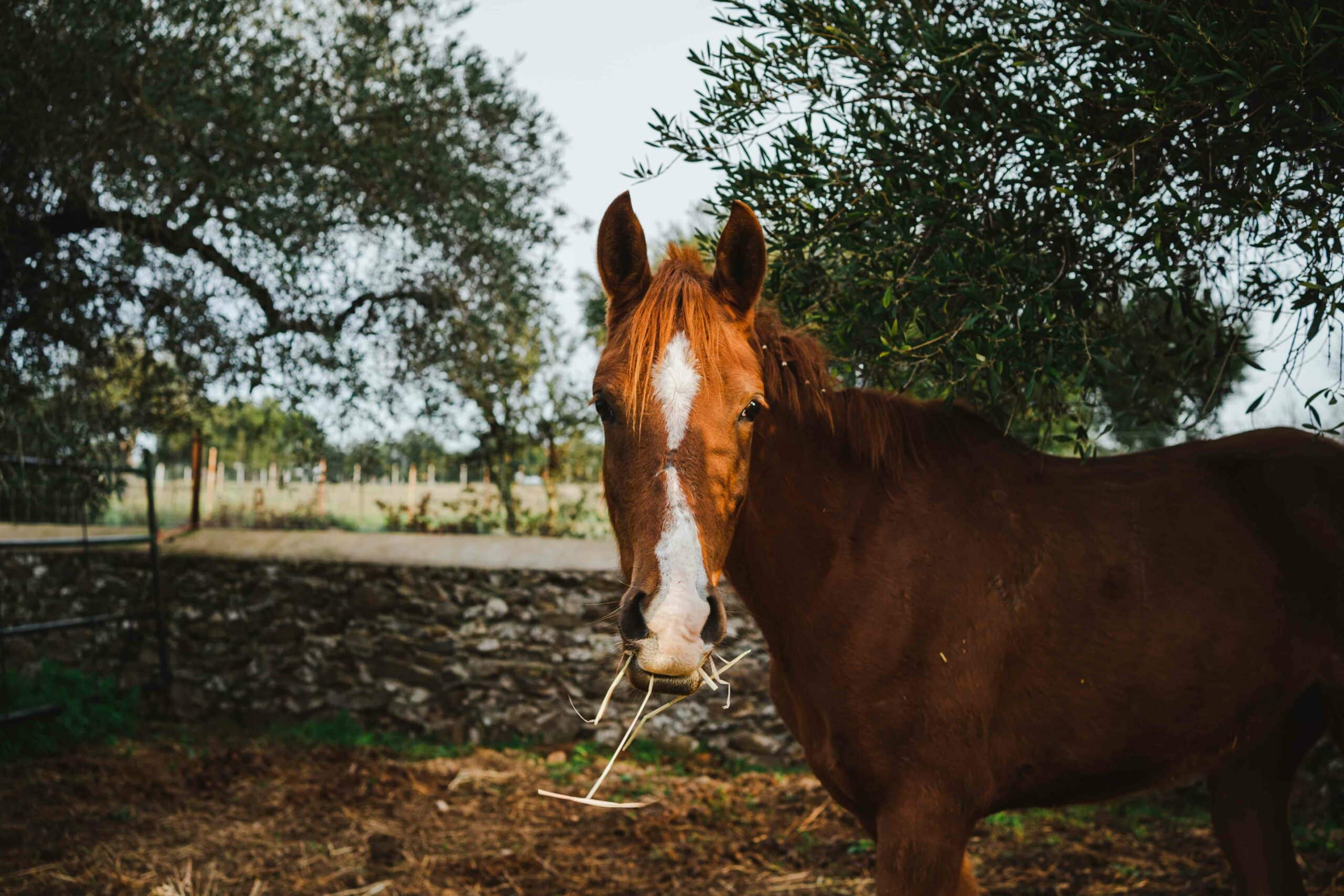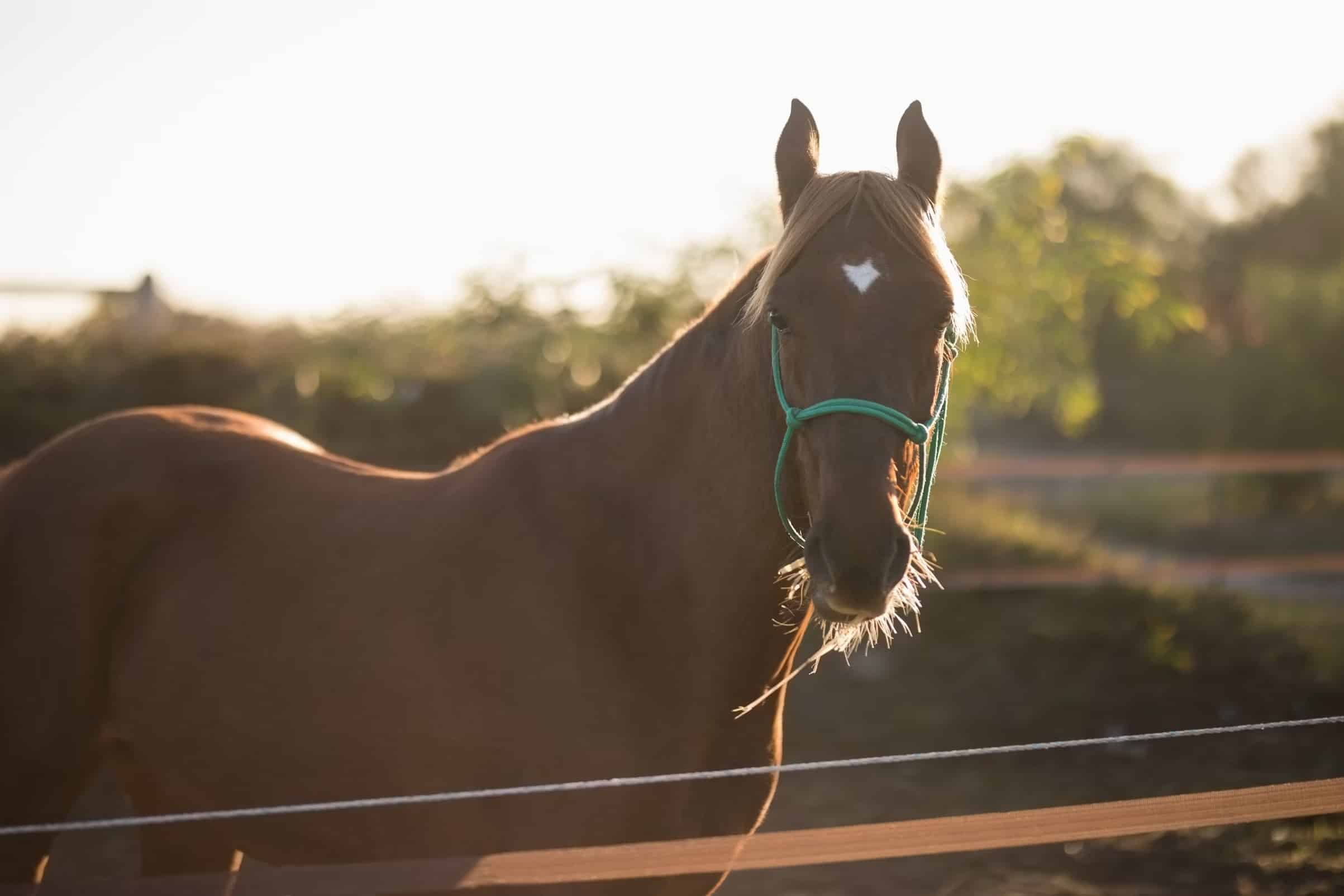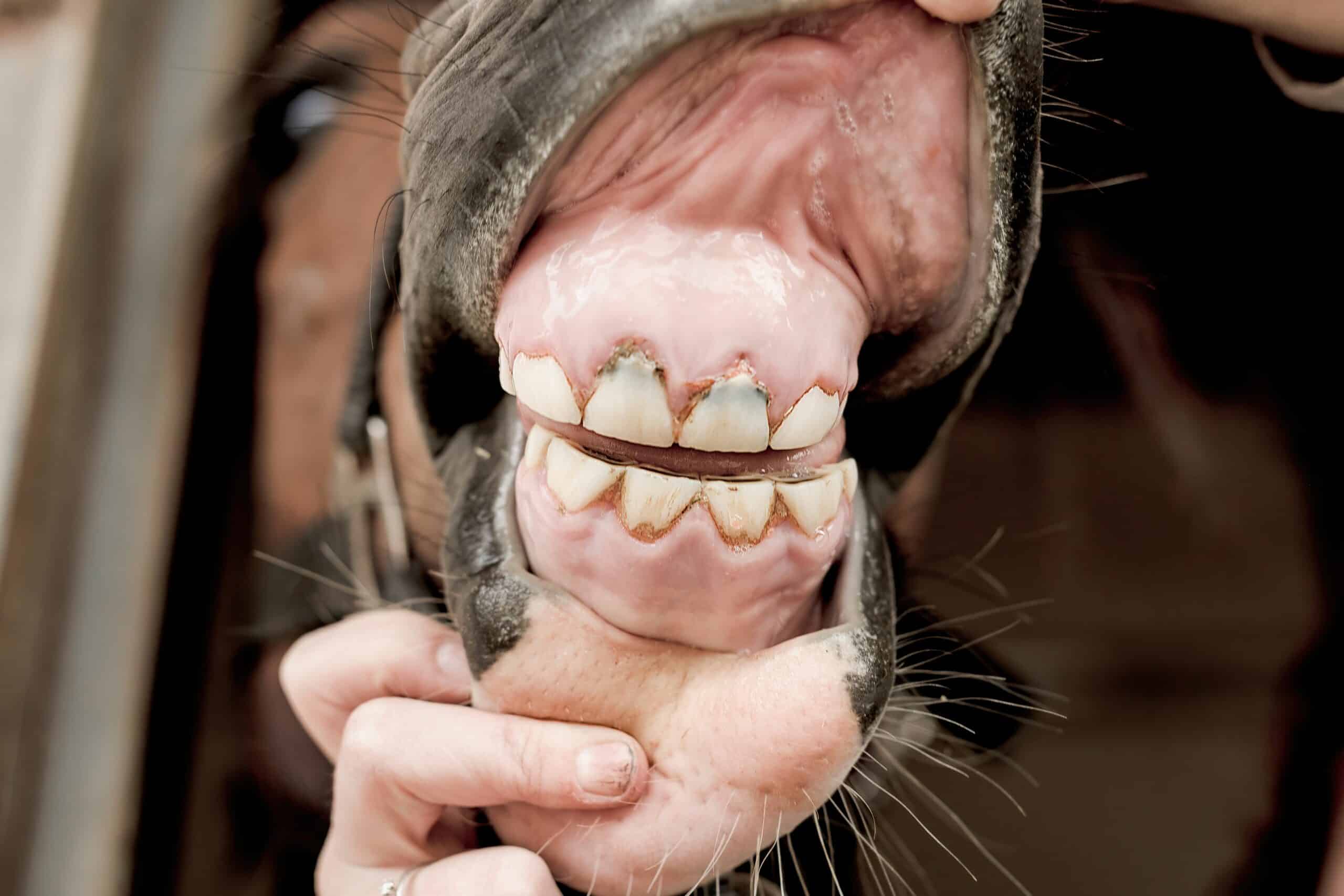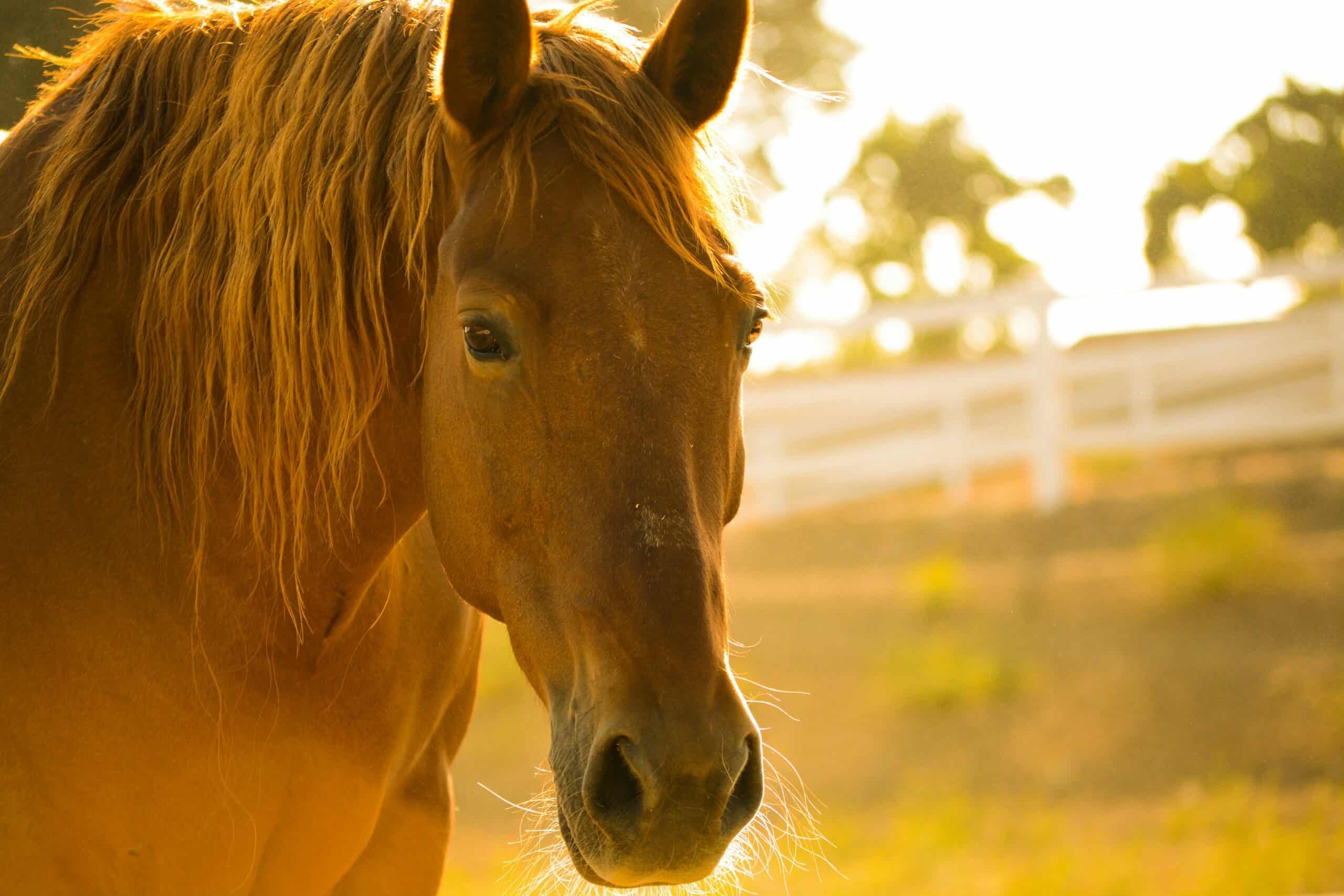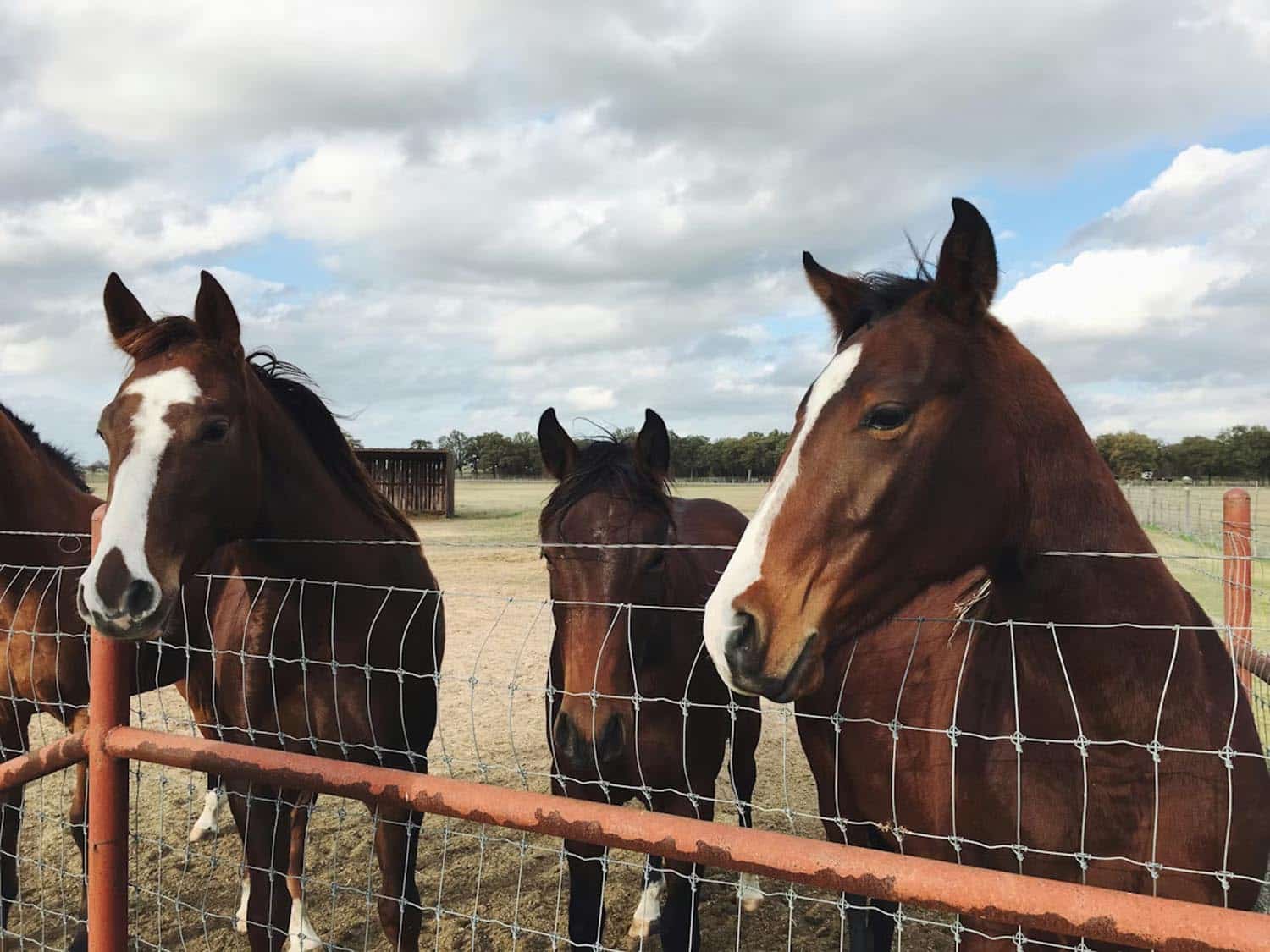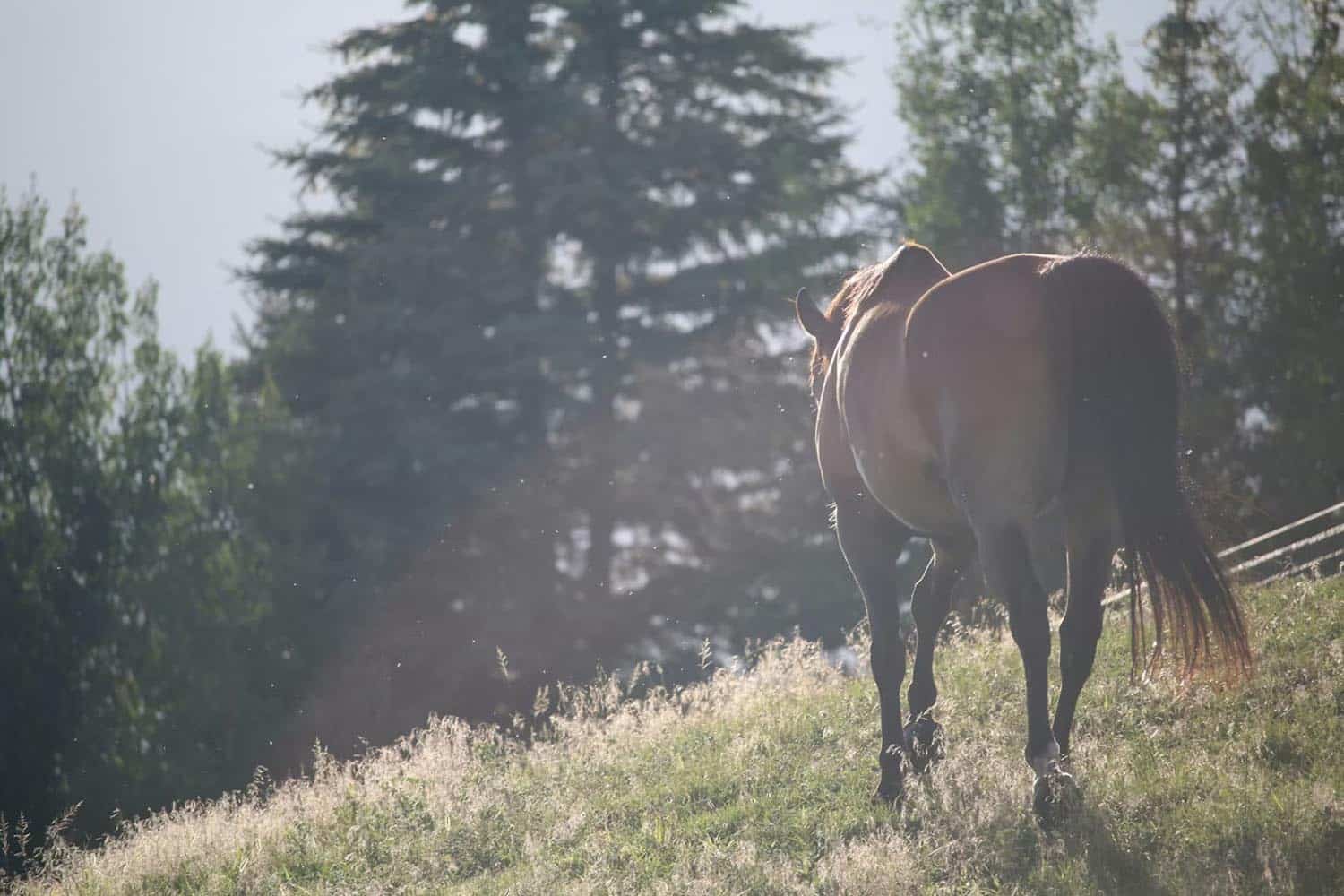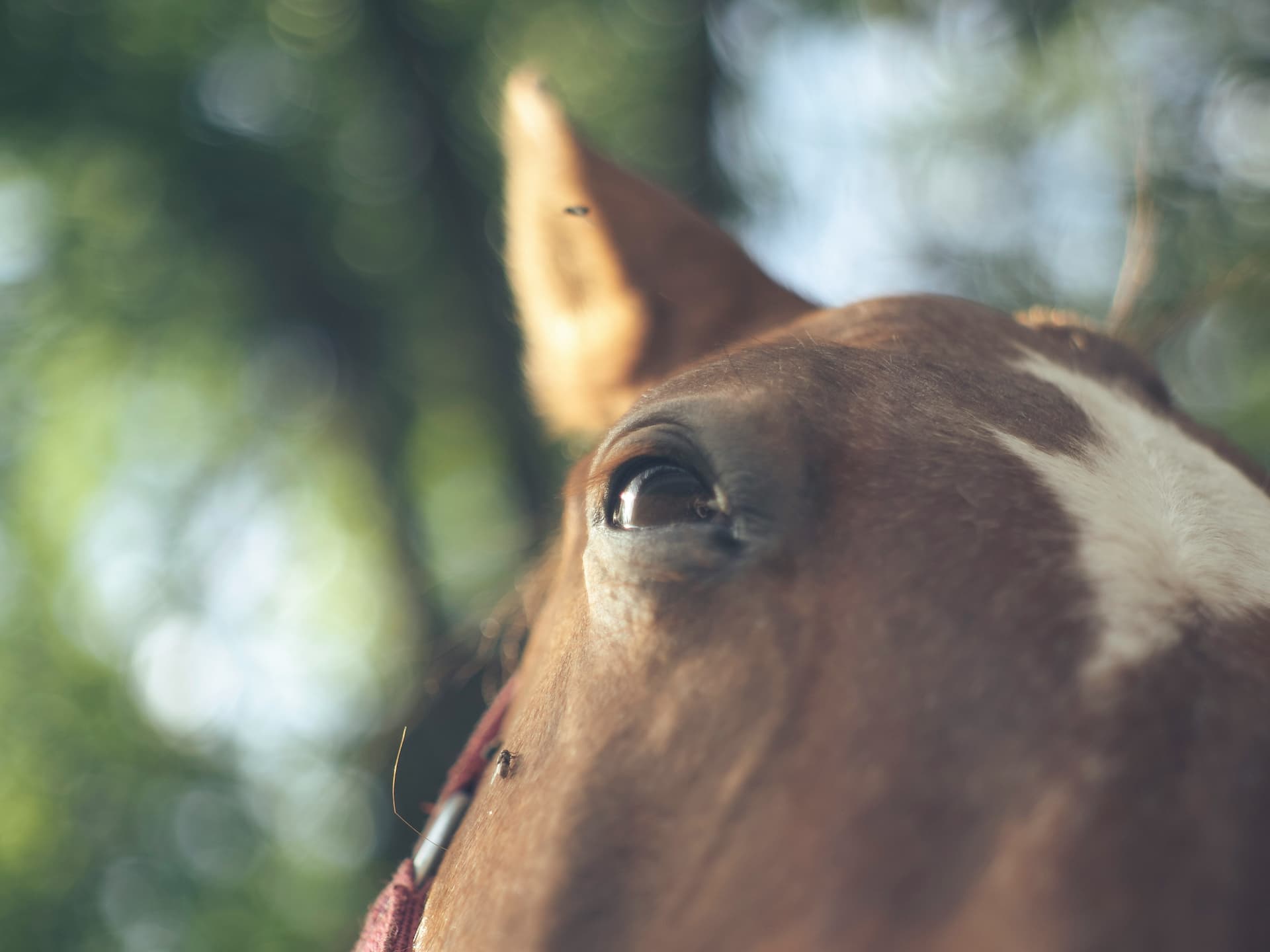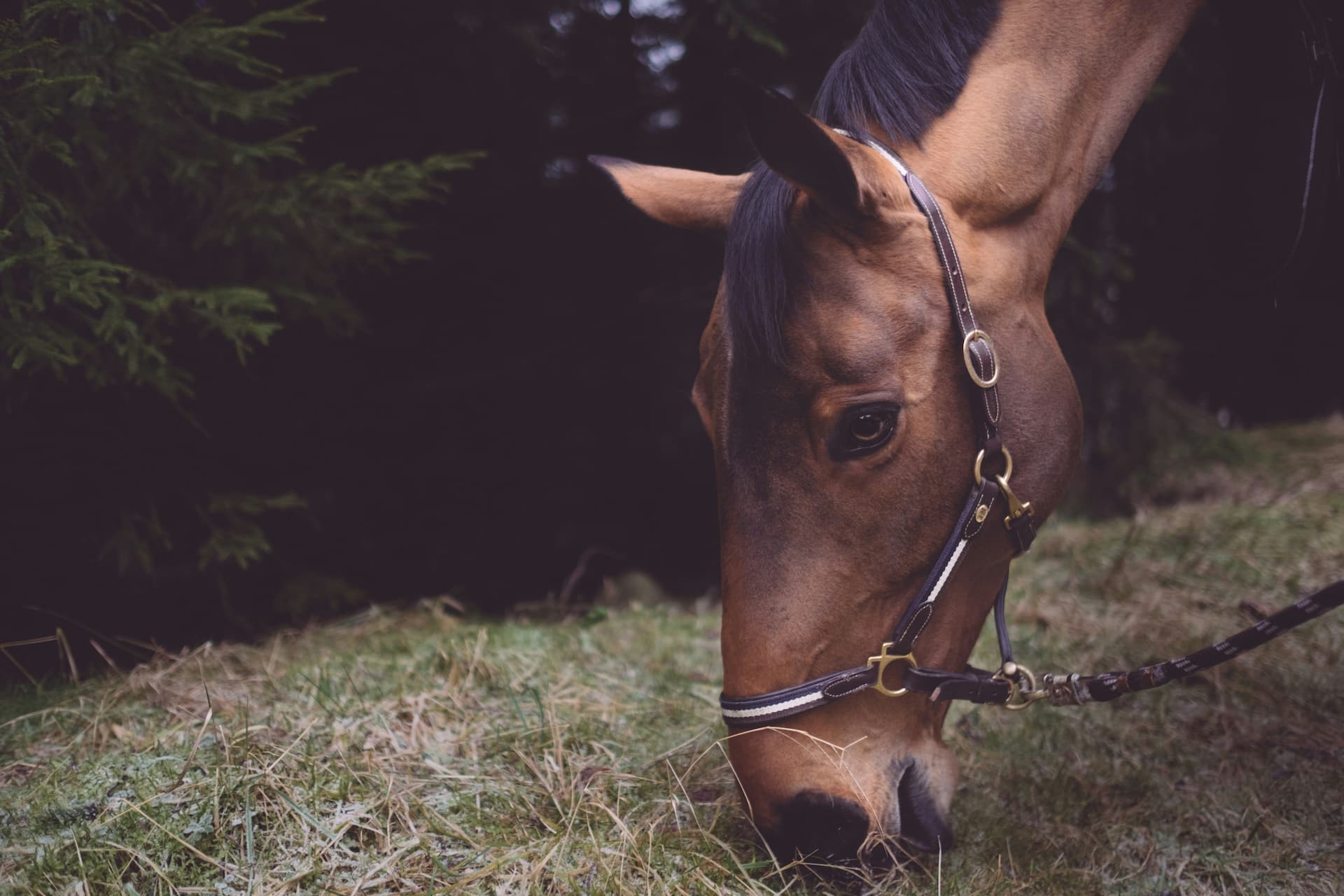
Keep West Nile at Bay: Protecting Your Horse from the Virus
Warm weather means more time in the pasture, longer trail rides, and unfortunately, more mosquitoes. For horse owners, this isn’t just an annoyance; it’s a health concern. Mosquitoes can carry West Nile virus, a serious threat to horses that can lead to neurological problems, long recovery times, and in some cases, death.
The good news? You can protect your horse. From vaccinations to smart barn management, there are practical ways to help your horse stay safe and healthy all season long.
Protecting Starts with Awareness
West Nile virus in horses isn’t new, but it continues to be one of the most common mosquito-borne equine diseases in the U.S. Outbreaks tend to peak in late summer and early fall, when mosquito activity is highest. Horses become infected after being bitten by mosquitoes carrying the virus, usually ones that have fed on infected birds.
And while horses can’t spread the virus to other animals or people, they are particularly vulnerable once bitten.
That’s why every horse owner should have a plan for West Nile virus prevention. It starts with understanding how the virus spreads and how to block every possible route into your horse’s system.
How Horses Get West Nile Virus
Horses become infected when bitten by an infected mosquito. Unlike humans, horses are considered “dead-end hosts” which means they can’t pass the virus on. But the effects can still be devastating.
Once the virus enters a horse’s bloodstream, it can travel to the brain and spinal cord, triggering inflammation and serious neurological symptoms. Some horses recover with care, but others may experience long-lasting effects or not survive at all.
The virus is most active from mid-to-late summer through early fall, and warm, wet conditions can lead to a surge in mosquito populations.
Core Protection: The West Nile Vaccine for Horses
If there’s one step you take to protect your horse, it should be this: Get your horse vaccinated against West Nile virus every year.
The West Nile vaccine for horses is safe, effective, and widely available. Veterinarians typically recommend giving it in the spring before mosquito season ramps up, but it’s never too late to discuss vaccination, especially if your horse missed a dose.
For horses that have never been vaccinated before, a two-dose series is typically given a few weeks apart, followed by annual boosters. In some high-risk areas, your vet may recommend a booster in the middle of mosquito season.
Some important points to remember:
- Annual vaccinations are important. Protection wanes over time.
- If your horse is older, very young, or has a compromised immune system, your vet may adjust the vaccination schedule.
- Combination vaccines are available that include West Nile along with other viruses like Eastern and Western Equine Encephalitis (EEE/WEE) and tetanus.
Our veterinarian can be your best partner in creating a horse vaccination plan that works for your location and your horse’s health status.
Defend the Barn: Mosquito Control That Works
Vaccination is only one piece of the puzzle. To truly reduce risk, you’ll need a solid horse mosquito prevention plan to limit exposure to infected mosquitoes.
Here are some practical, barn-tested strategies to help reduce mosquito bites:
Eliminate Standing Water
Mosquitoes breed in even tiny amounts of stagnant water. Check your property for:
- Old buckets, tires, or feed tubs
- Clogged gutters or drains
- Water troughs that aren’t emptied regularly
Even puddles after a rainstorm can become mosquito nurseries in just a few days.
Use Fans and Screens in the Barn
Mosquitoes are weak fliers. Installing barn fans keeps air moving and helps keep bugs out. Also, consider screens for windows and stall doors especially at dusk and dawn when mosquitoes are most active.
🐴 Turnout Timing Matters
If possible, turn horses out during midday when mosquito activity is lowest. Early morning and evening hours are the worst times for exposure.
Use Horse-Safe Repellents
There are several topical repellents made specifically for horses. Some products offer extended protection and are sweat-resistant. Reapply as directed and avoid using anything not labeled for equine use.
Fly Sheets and Masks
For horses that are extra sensitive or in heavily infested areas, physical barriers like fly sheets, masks, and neck covers can offer additional protection.
Together, these steps can dramatically reduce the number of mosquitoes on your property and lower the risk of exposure to West Nile virus and other mosquito-borne illnesses.
Know the Warning Signs
Even with prevention in place, it’s important to know the early signs of West Nile virus in horses. Prompt treatment can improve outcomes so don’t wait if something seems off.
Here are the most common symptoms to watch for:
- Fever and lethargy
- Muscle twitching, especially around the face or neck
- Incoordination or stumbling
- Weakness in limbs or difficulty standing
- Head pressing, confusion, or changes in behavior
- In severe cases, seizures or recumbency (inability to rise)
If your horse shows any of these signs, don’t hesitate to contact us immediately. While there’s no direct cure for West Nile virus, supportive care such as IV fluids, anti-inflammatories, and nursing care can help your horse recover.
Work with Your Vet Year-Round
Your veterinarian is your best resource when it comes to horse virus prevention. Don’t wait until you see mosquitoes or signs of illness. Protection starts long before that.
Ask your veterinarian about:
- Annual equine vaccinations
- Combination vaccines to protect against multiple viruses
- Mid-season boosters if your area is high-risk
- Barn safety evaluations for mosquito control
If you’re not sure whether your horse is up to date on their West Nile vaccine or if you need help starting a prevention plan, make an appointment today.
Prevention is the Best Protection
West Nile virus in horses is a serious threat but it’s one that horse owners can do something about. By combining vaccination, smart mosquito control, and early awareness of symptoms, you can dramatically reduce your horse’s risk of infection.
Whether your horse is in a busy boarding barn or a quiet pasture at home, their health depends on your proactive care. Stay ahead of mosquito season. Keep your horse’s vaccines current. And don’t let a tiny insect cause a major health scare.If you haven’t already, talk to Shalako K Veterinary Medicine today about scheduling your horse’s West Nile vaccine and reviewing your mosquito prevention plan. Call us at (214) 551-5334, proudly serving the North Central Texas region.
